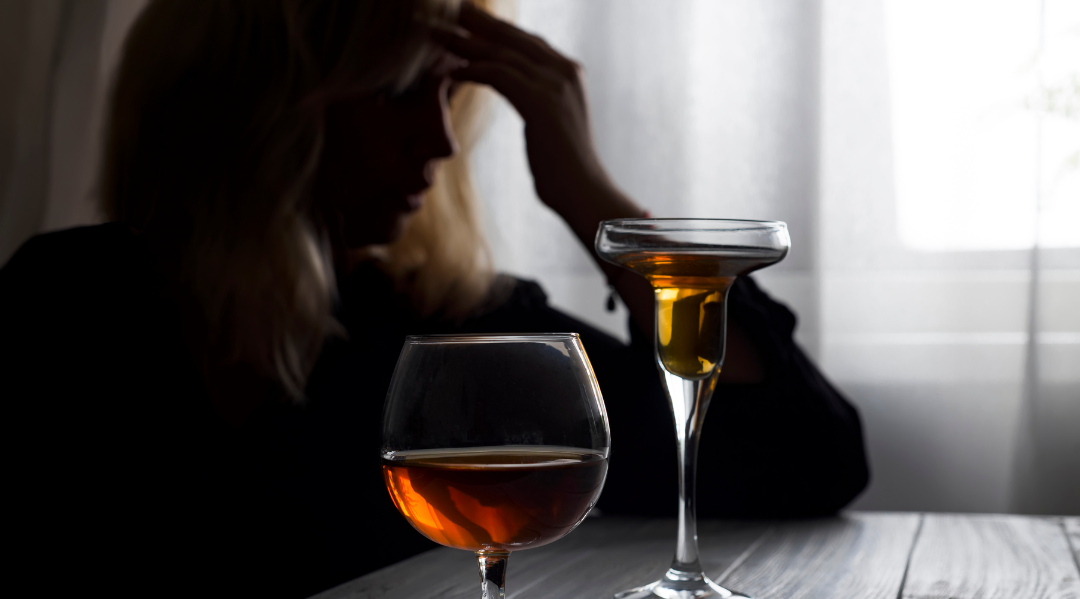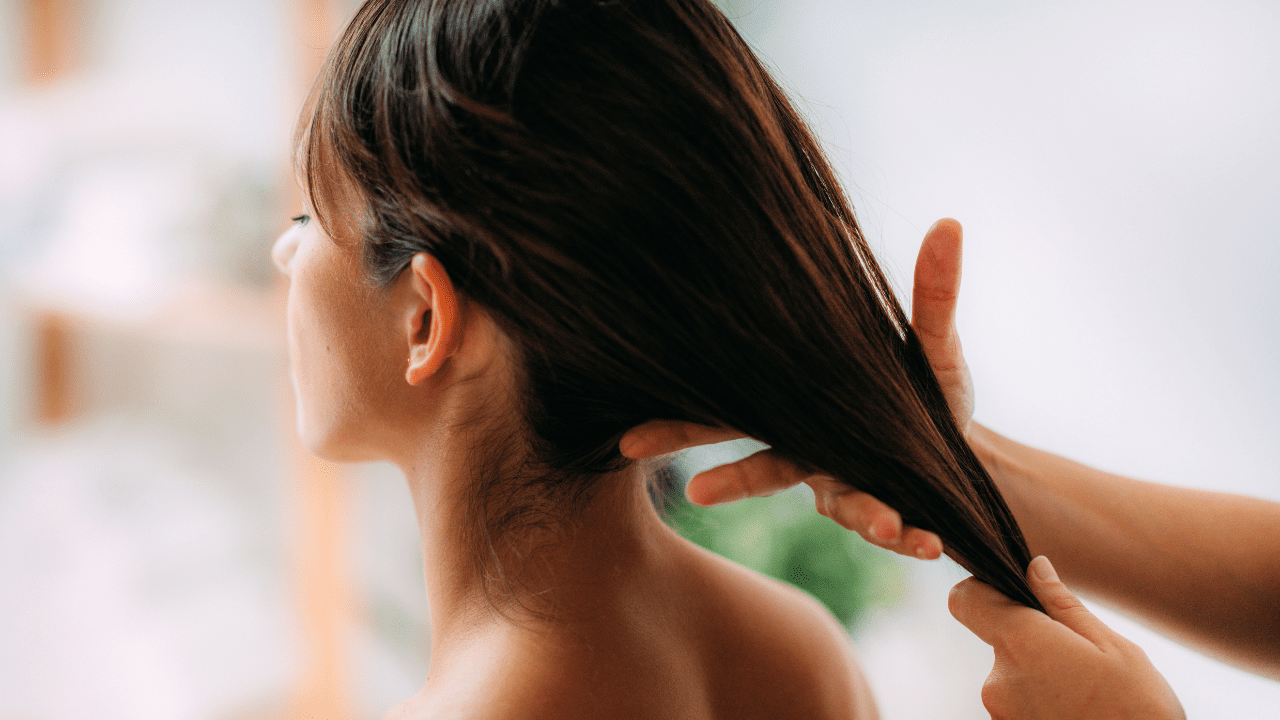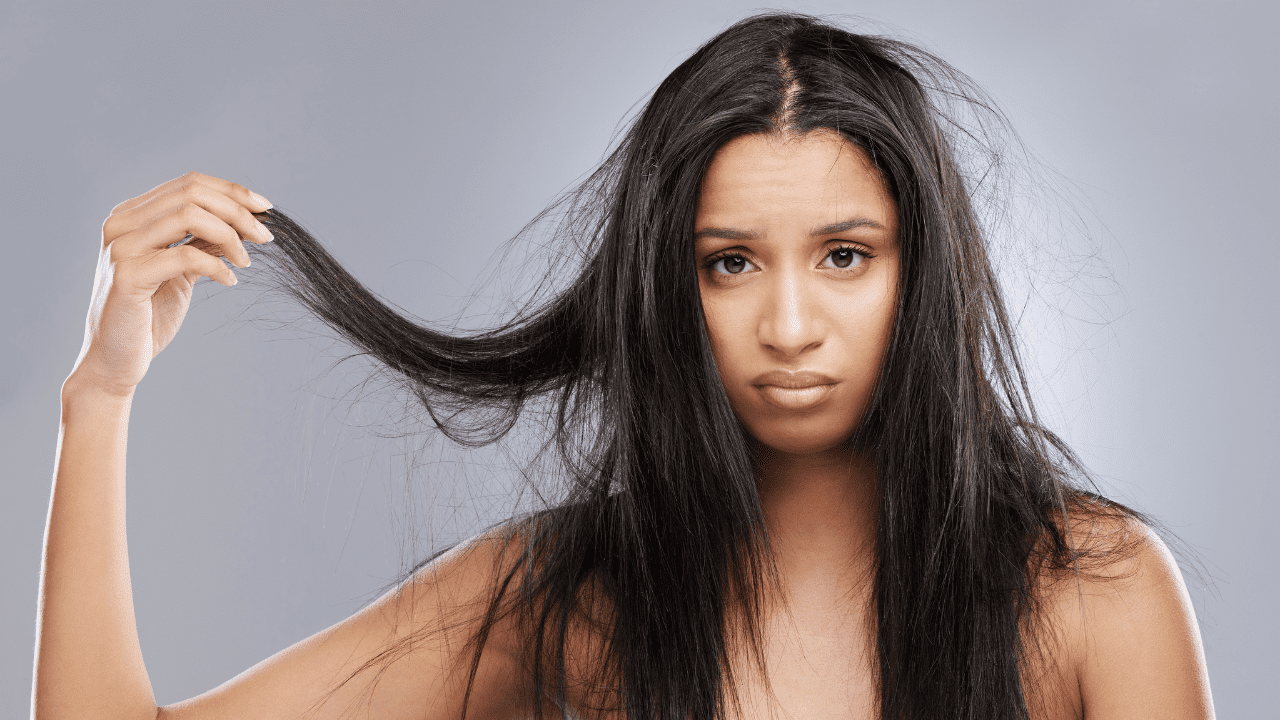Introduction
Does alcohol cause hair loss? Alcohol is a ubiquitous part of social gatherings and relaxation for many people around the world. While its immediate effects on mood and behavior are well-documented, its long-term consequences on health are still being explored. One such consequence that has garnered attention is its potential link to hair loss. Let’s delve into the scientific evidence surrounding alcohol consumption and its impact on hair health.
Understanding Hair Loss
Hair loss, medically known as alopecia, can be caused by various factors including genetics, hormonal imbalances, nutritional deficiencies, and lifestyle choices. It manifests in different forms such as male pattern baldness, female pattern hair loss, and telogen effluvium, among others. While some forms of hair loss are unavoidable due to genetic predisposition, others may be influenced by external factors, including alcohol consumption.
The Science Behind Alcohol and Hair Loss: Can Alcohol Cause Hair Loss
Research suggests that excessive alcohol consumption can disrupt the normal functioning of hormones in the body, particularly testosterone and its derivative, dihydrotestosterone (DHT). DHT is known to shrink hair follicles in individuals genetically susceptible to male and female pattern baldness. Therefore, elevated levels of DHT resulting from alcohol consumption may accelerate hair loss in those predisposed to it.
Moreover, alcohol abuse can lead to nutritional deficiencies, particularly in essential vitamins and minerals crucial for maintaining healthy hair growth. Chronic alcohol consumption can deplete the body of nutrients such as vitamin B12, folic acid, zinc, and iron, all of which are vital for optimal hair health. Deficiencies in these nutrients can weaken hair follicles, leading to increased shedding and thinning of hair.
Alcohol’s Impact on Stress Levels
Another indirect way in which alcohol may contribute to hair loss is through its effects on stress levels. While moderate alcohol consumption is often associated with relaxation and stress relief, excessive drinking can have the opposite effect. Alcohol is a central nervous system depressant that can disrupt the body’s stress response system, leading to chronic stress and anxiety over time. Elevated stress levels have been linked to various forms of hair loss, including telogen effluvium, a condition characterized by sudden and widespread shedding of hair.
The Role of Lifestyle Factors
It’s essential to recognize that alcohol consumption is often part of a broader lifestyle pattern that can impact hair health. Individuals who engage in heavy drinking may also be more likely to smoke cigarettes, have poor dietary habits, and neglect proper self-care practices—all of which can contribute to hair loss. Therefore, addressing alcohol consumption as part of a holistic approach to overall health and wellness is crucial in mitigating its potential effects on hair.
Conclusion
While the relationship between alcohol consumption and hair loss is complex and multifaceted, emerging evidence suggests that excessive drinking may indeed exacerbate certain types of hair loss. From hormonal disruptions to nutritional deficiencies and increased stress levels, alcohol can influence various factors that contribute to hair health. However, it’s important to note that moderate alcohol consumption is unlikely to cause significant hair loss in otherwise healthy individuals. Nonetheless, for those concerned about their hair health, reducing alcohol intake as part of a balanced lifestyle may be a prudent step towards maintaining a full and healthy head of hair. As always, consulting with a healthcare professional for personalized advice is recommended.




